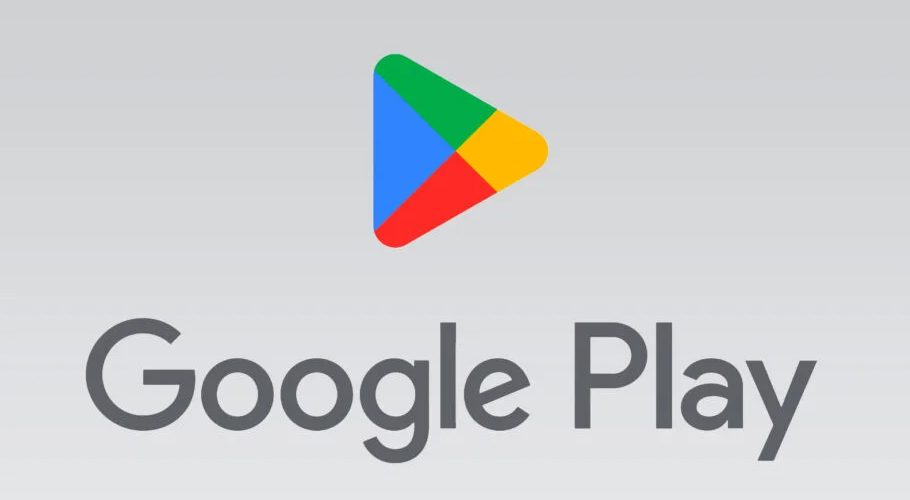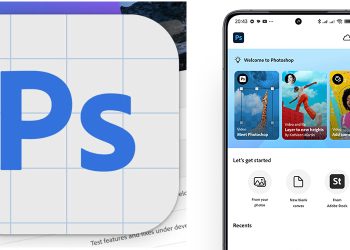Google has removed the NoThanks app, which helped people boycott businesses that were connected to Israel, from its Play store.
The decision came after the app’s description contained text that raised concerns, stating users could determine if a product “supports killing children in Palestine.”
Shortly after gaining attention, the app was removed from the Google Play Store, bringing focus to the regulation of politically charged content in the digital realm. The app’s description, addressing the sensitive Israel-Palestine conflict, led to its suspension pending a review by Google Play.
The app has been suspended from play store for this sentence, I removed it in the new update and play store will review it and release it again pic.twitter.com/fTgVV9ltxo
— NoThanks (@NoThanksBoycott) November 30, 2023
The @NoThanksBoycott social media account, associated with the app, confirmed the temporary removal on X (formerly Twitter), mentioning that the app had been suspended due to a specific sentence in its description. The account stated that the text had been removed in a new update, and the app would undergo review by the Play store for reinstatement.
Also read: Starbucks, H&M exit Moroccan market amid pro-Palestine boycott campaign
The description of the app read, “Welcome to NoThanks, here you can see if the product in your hand supports killing children in Palestine or not. All you have to do is scan the barcode or write the serial number in the search bar.”
Following the suspension, alternative access to the app was provided through platforms like Telegram, emphasizing the flexibility of digital distribution beyond conventional app stores.
The app’s creator, a Palestinian developer, initially announced its purpose on November 7, aiming to help users determine if a company supports Israel by scanning product barcodes. By November 29, the app had garnered over 100,000 downloads on the Google Play store.
This development occurred against the backdrop of global reactions to the Israel-Hamas conflict, contributing to international dialogue and demonstrations. The digital realm, now a prominent arena for advocacy, faces scrutiny as tech giants like Google navigate the delicate balance between free speech and regulatory compliance.


































